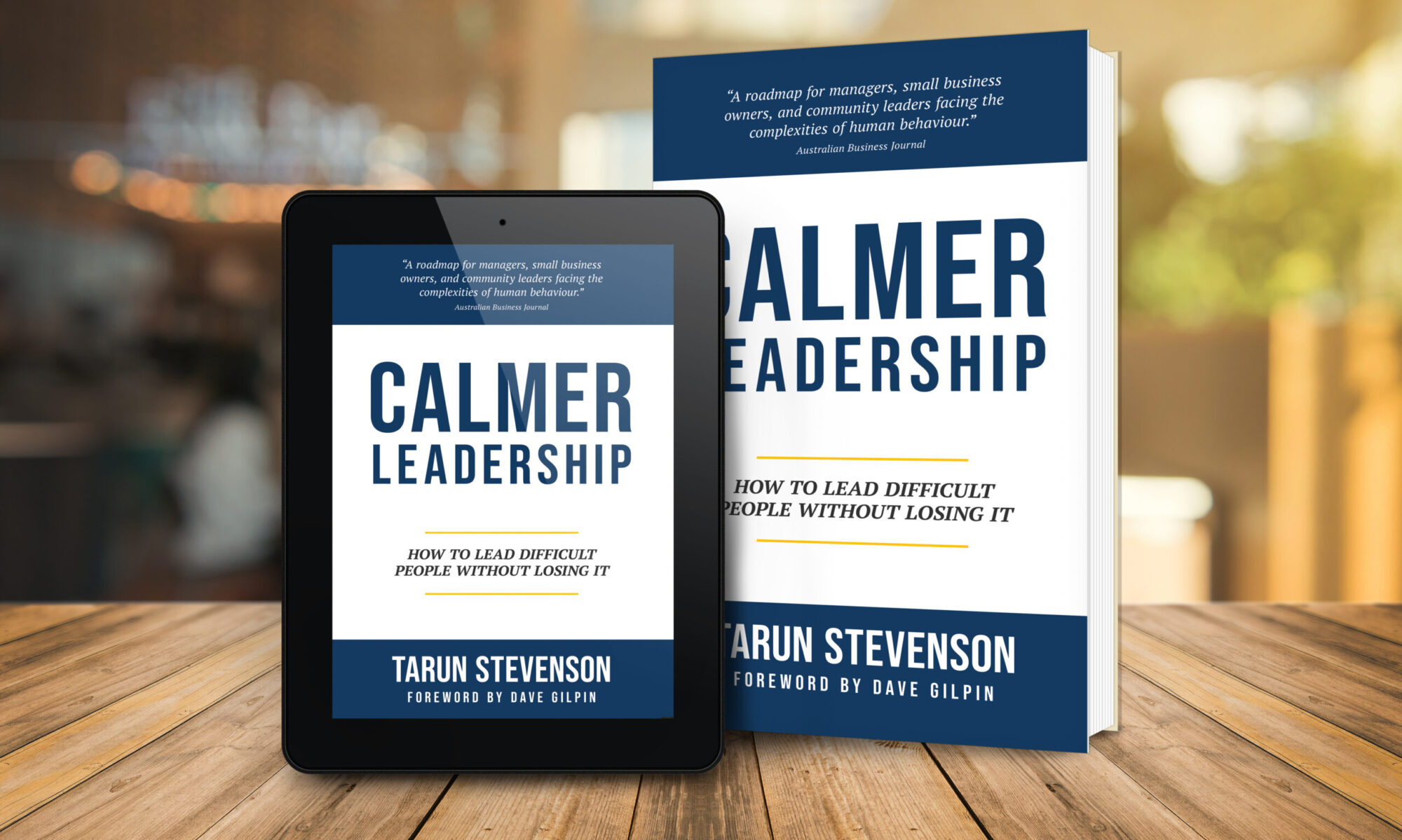I once read a story of a mexican zoo keeper who was cleaning out the elephant enclosure and made a fatal mistake of turning his back on the elephant. The zookeeper was just going about his job, doing what he always did, but suddenly found himself pinned by the elephant against the wall unable to escape. The elephant wasn’t angry or looking to hurt the zoo keeper, but just backed up in his pen. Because the zoo keeper forgot to face the elephant as he worked it ended up crushing him.
A bit gruesome I know, but I think it illustrates how life can sometimes. Life is messy, in life we experience pain, we cause pain and sometimes we have to deal with other people’s pain even when we don’t want to.
Pain, especially unresolved pain can become like the “Elephant in the Room.” you might try to ignore it, pretend its not there but it rubs up and bumps up against everything. It affects the way we talk to our kids, it taints the way we speak to our spouses and we even filter life experiences through pain. Often we find ourselves reacting to insignificant incidents with great emotional outbursts or overreactions because of the pain we filter our life experiences through. It shows up at special occasions and family get togethers and no matter how much we try to ignore it, it’s always there.
Pain is like an elephant in the room. It can crush you, trample you or become your greatest strength.

What can often make it worse is, resolving the situation may be beyond our control. Maybe the person that we have hurt or who hurt us, is now gone, and we’re left carrying the memory of the wound? Or perhaps you’ve tried to reconcile the situation but the other person in not interested in doing so. What do you do then? How do you learn to manage that sort of pain so that it doesn’t have such a huge impact on you?
4 things that I have found to help in these sort of situations are:
1. Name it
Admit the the pain you feel. Acknowledge that you might need some help. Ignoring pain or pretending it doesn’t exist is never a long term solution. Sooner or later the elephant will back up and overwhelm you.
2. Seek Wise Council
Be mindful about who you share you situation with and seek help. Friends are great but they are not always good at showing us our realities or giving us practical steps to move forward. Facebook is definitely not the place to seek help… just saying. A pastor, community leader or good counselor can always be a good place to start depending on the situation. Just speak with someone who is equipped to help you through your pain, not just listen to you complain about it.
3. Invite God into the situation
I truly believe the God is interested in seeing us find healing from our pain, but we can often be so busy trying to control our situation that we neglect to even acknowledge our need for God.
Jesus said, “Come to me, all of you who are weary and carry heavy burdens, and I will give you rest…” (Matt 11:28)
Healing from emotional pain doesn’t come overnight, it takes time. Sometimes a lot of time. Take small realistic steps towards changing your situation. You can only eat an elephant 1 bite at a time. Don’t expect change to happen overnight, it seldom does and you’ll only be disappointed if you expect it to.
Facing the elephant in the room is never easy, but when we do, the pain we’ve experienced can often become our greatest strength. There is much more I have said on this topic in my sermon “Facing the Elephant in the Room”, that you can listen to here: http://thevinechurchlogan.podomatic.com/entry/2015-05-31T01_10_03-07_00
Let me know what you think. Is there anything you’ve done to face and heal from unresolved pain in your life? Feel free to tell me about it in the comments below.
Be brave and face your elephant, you’ll be glad you did.
If you would like to learn more about effectively growing in your leadership, why not check out our FREE Goal setting guide. See below for details.
https://leadcommunicategrow.com/free-goal-setting-guide/
5 Steps to Set Goals that Work


